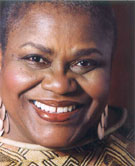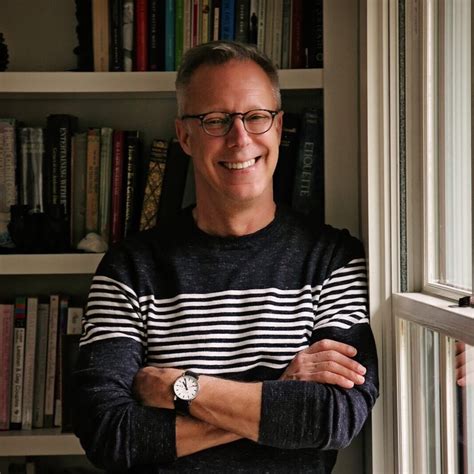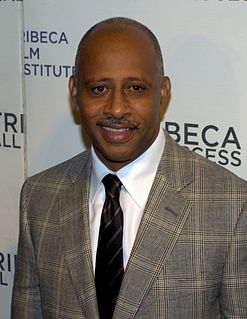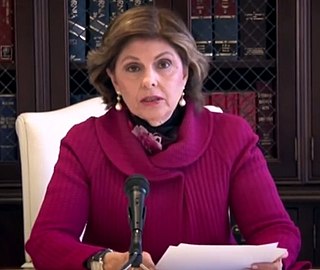A Quote by Nina Simone
I was always a politician from the day the civil rights people chose me as their protest singer.
Related Quotes
The Civil Rights Act of 1964 was the most sweeping civil rights legislation of its day, and included women's rights as part of its reforms. Ironically, the section on women's rights was added by a senator from Virginia who opposed the whole thing and was said to be sure that if he stuck something about womens' rights into it, it would never pass. The bill passed anyway, though, much to the chagrin of a certain wiener from Virginia.
Okay, so here's my question: When did civility become incompatible with protest? Why do some people consider civility an antonym - anathema, even - to political action and dissent? Because, and I'm raising my voice, it's not. Have we forgotten how Mahatma Gandhi used nonviolent civil disobedience to free India from British rule and inspire civil rights movements worldwide?



































